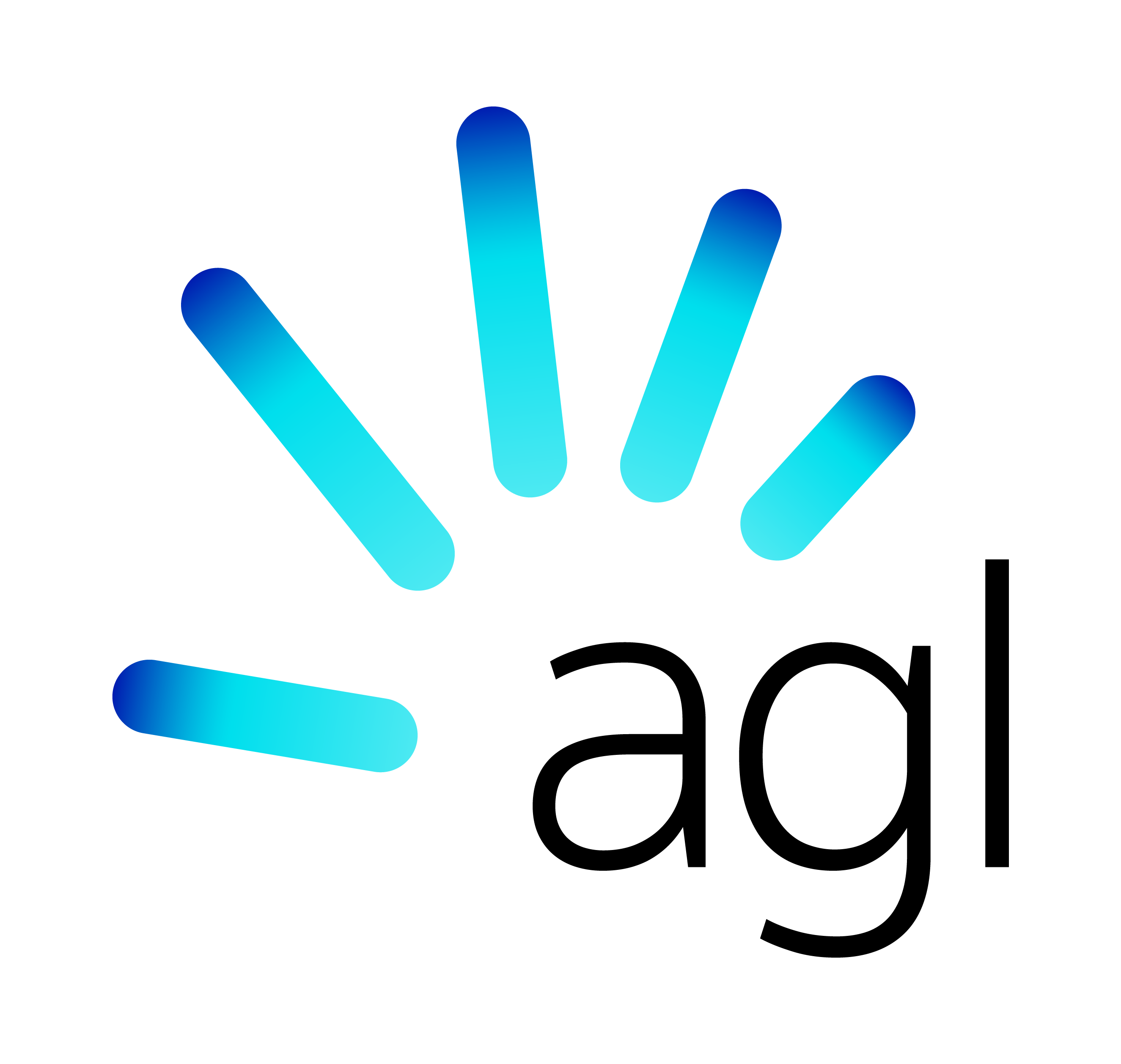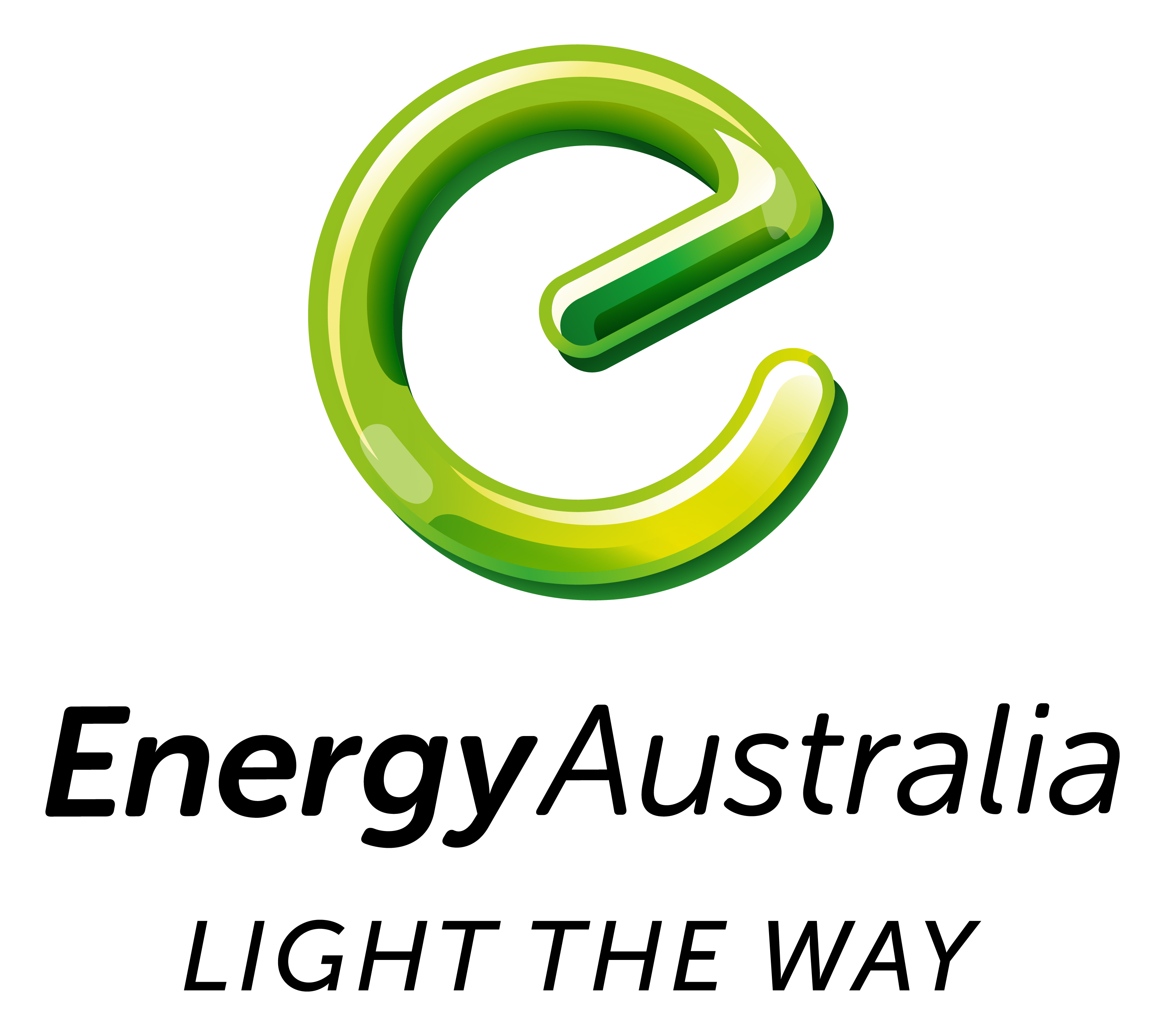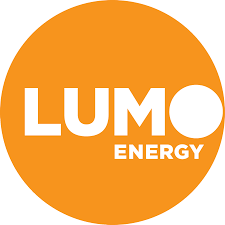| Unfortunately, Compare Energy can't currently help you connect your electricity in WA, though we can look at your gas plan. The information below is a guide to help you find the right connection. |
Western Australia is unique in its approach to energy, with strict regulations governing which retailers can supply gas and electricity, and where they can operate.
The South West Interconnected System (SWIS) is the primary electricity distribution network operated by Western Power, covering the most populated areas from the south-west coast to Kalbarri in the north. Only customers in this network have the option to choose their electricity retailer.
There are four other energy networks in Western Australia: South Region, North Region, Gascyone/Midwest, and the North West Interconnected System. Customers on these networks typically have limited choices in their energy supplier.
Western Australian energy customers are divided into contestable and non-contestable categories. Contestable customers can select their retailer, while non-contestable customers are supplied by Synergy.
Non-contestable customers in the South West Interconnected System who use less than 50 megawatt hours (MWh) annually, which includes most residential and many small business customers, are unable to choose their supplier.
Businesses using over 50 MWh annually on the SWIS have a choice of 11 electricity retailers, and Horizon Power is the sole retailer supplying electricity in most regional areas outside the SWIS.
Compare electricity prices in Western Australia
At Compare Energy, our mission is to help you compare electricity prices in Western Australia and find the best deal tailored to your needs. Here are some important factors to consider when comparing electricity prices in Western Australia:
- Evaluate your energy usage rates and supply charges to find plans with the lowest kWh rates and daily supply charges, ultimately reducing your overall bill.
- Use the reference price as a comparison tool, ensuring it reflects similar energy usage for an accurate assessment of plan competitiveness.
- Analyse your actual energy usage to effectively compare plans and identify the most suitable option.
- Select a tariff that aligns with your consumption patterns, such as single-rate, time-of-use, solar feed-in, or controlled load tariffs. Note that some tariffs may require a smart meter.
- Check the benefit period of any introductory plans to avoid transitioning to a more expensive option once the initial period ends.
- If you have solar panels, review the provider's solar feed-in tariff to understand how much you'll receive for surplus electricity.
After considering these factors, feel free to contact one of our experts at Compare Energy for further assistance in finding the best electricity plan for you
Who are the Western Australia’s cheapest electricity providers?
In Western Australia, electricity prices vary across regions based on available energy providers. When seeking the most suitable and cost-effective plan, it's advisable to compare electricity options in the area.
Our energy comparison service helps cost estimation and helps identify the most economical electricity provider in Western Australia. Among the competitive options are:
- Synergy: Synergy Electricity is the exclusive electricity retailer for non-contestable customers within the South West Interconnected System (SWIS). Customers consuming less than 50MWh of electricity annually fall under this category, encompassing nearly all residential properties and the majority of small businesses. Customers outside the SWIS or those within it using over 50MWh annually are classified as 'contestable' and have the option to select their retailer from a limited range of choices.
- Horizon Power. Customers on Horizon Power's network can choose Prepaid Power, allowing pre-purchase of electricity via the Horizon Power app and cost sharing within households.
Synergy and Horizon Power have similar rates due to government-regulated prices in Western Australia. Residential customers outside the SWIS network lack access to a time-of-use tariff (Midday Saver).
Comparing gas plans in Western Australia
Gas plans are structured similarly to electricity plans, with several key factors to consider when comparing options:
- Service and support: Assess the ease of application or switching between plans.
- Billing and payments: Review billing frequency and online payment options.
- Plan flexibility: Seek competitive solar feed-in tariffs.
To select the most suitable plan, evaluate your household's gas consumption. For high usage, prioritise plans with lower usage rates. For lower consumption, focus on plans with lower supply rates.
Who are Western Australia’s cheapest gas providers?
In Western Australia, the state government imposes a price cap on residential gas for small customers. Although gas companies align their prices with this cap, each retailer offers value deals through discounts for customers who pay their bills on time or use direct debit.
In Albany and Kalgoorlie-Boulder, customers are billed for gas at a flat rate tariff, where the same rate applies regardless of the time or quantity of usage.
To help you navigate your options and potential savings, Compare Energy has compiled a list of the most cost-effective natural gas retailers in Western Australia.
- Alinta Energy: Alinta Energy is recognised as a growing electricity provider, but it also offers natural gas in many regions. Customers in New South Wales, Victoria, South Australia, Queensland, and Western Australia can subscribe to gas services. Presently, customers in NSW, Queensland, South Australia, and Victoria can enrol in the Home Deal or BetterDeal gas plans.
- AGL. AGL Energy made its entry into Western Australia in 2017, becoming the first of the major energy companies, alongside Origin, to do so. It currently provides residential customers with two gas plan options. AGL's gas plans in WA do not involve lock-in contracts and ensure 24/7 customer support. AGL also offers a rewards program that allows customers to apply for discounts on items such as gift cards, dining, and movie tickets.
Finding the best energy plans in Western Australia
When comparing energy providers in Western Australia, keep these three key factors in mind:
- Price: There's often an opportunity to find a better energy plan, especially if you haven't switched providers in over a year. Use our comparison service to discover the best available price in your area.
- Discounts: Providers may offer discounts or percentages less than the Western Australia Default Offer (DMO), which is a government benchmark for comparing energy plans.
- Hidden costs: Review the terms and conditions of each provider carefully, as there may be additional charges not immediately visible. These can include connection/disconnection fees, meter reading fees, credit card charges, and late fees.
Western Australia energy rebates and concessions
In Western Australia, there are various energy rebates and concessions available to eligible residents to help with their energy costs. These include:
- Energy Assistance Payment: A yearly payment to assist with energy bills for eligible customers.
- Hardship Utilities Grant Scheme (HUGS): Provides financial assistance to eligible low-income households experiencing financial hardship to pay outstanding electricity, gas, or water bills.
- Dependent Child Rebate: Offers a rebate to customers who have dependent children and receive certain Centrelink payments.
- Medical Heating and Cooling Concession: Provides a rebate for the cost of electricity or gas for heating and cooling for eligible customers with certain medical conditions.
- Life Support Equipment Energy Rebate: Offers a rebate on electricity costs for eligible customers who use life support equipment at home.
- Seniors Energy Rebate: A rebate for eligible seniors to help with energy costs.
These rebates and concessions are subject to eligibility criteria and application processes, so it's important to check with the relevant authorities or energy providers for specific details and how to apply.
Greenest energy providers in Western Australia
As Australia grapples with a significant energy challenge, the transition to renewable energy sources becomes increasingly important.
If you're passionate about renewables, you may be seeking an energy provider that offers GreenPower to reduce your household's emissions or one that supports solar panels. Regardless of your preferences, thorough research is essential to find a competitively priced plan.
Here is our pick for greenest energy provider in Western Australia:
Synergy Energy
Yes, Synergy is GreenPower accredited. You can choose to support Australia's renewable industry by purchasing an agreed amount of green energy, which is based on a percentage of your electricity consumption. Synergy has an online calculator tool to help you estimate your desired green energy contribution.
The provider also operates a wind farm in Albany that is an accredited supplier for the GreenPower program. The Albany wind farm reduces gas emissions by the equivalent amount of removing 15,000 cars from Australian roads for a whole year.
FAQ
How do I switch providers?
When considering a switch of energy providers, several steps are essential to ensure a smooth transition.
- Start by reviewing your current plan's exit fees.
- Next, establish your energy needs to determine the most suitable plan for your situation.
- Compare deals available in your area to find the best option. Once decided, proceed to switch energy providers, keeping in mind that your old provider may contact you during this process.
- After switching, expect to receive a welcome pack from your new retailer. A final metre reading will be conducted, and your new provider will get in touch with you to finalise the transition.
- Finally, ensure you gain access to any special features of your new plan and remain engaged with your energy usage, rather than simply setting and forgetting.
How can I save money on energy?
Choosing the right energy plan can lead to significant savings. While price is crucial when comparing plans, it's not the only factor to consider. Energy plans can vary widely in cost, and the potential savings depend on your energy consumption patterns. By evaluating both price and usage patterns, you can find a plan that offers the best value for your specific needs.
What is a smart meter?
A smart meter is a digital device that tracks a home's energy usage in at least 30-minute intervals and transmits this data to the energy retailer, typically on a daily basis. While residents can access this information, it is not displayed directly on the meter, requiring additional steps to read.
How is energy charged in Western Australia?
The total amount on your energy bill is determined by multiplying the energy you've used in kilowatt-hours (kWh) by the price per unit of energy.
What is the average energy bill in Western Australia?
In Western Australia, electricity prices are regulated by the government and gas prices are not. The best way to compare prices is to look at individual gas retailers and see whether your current usage and costs on your bill could be beaten. You can check your energy bills for a breakdown on what you pay and this can vary based on factors such as the number of occupants in the household and their lifestyle choices.









